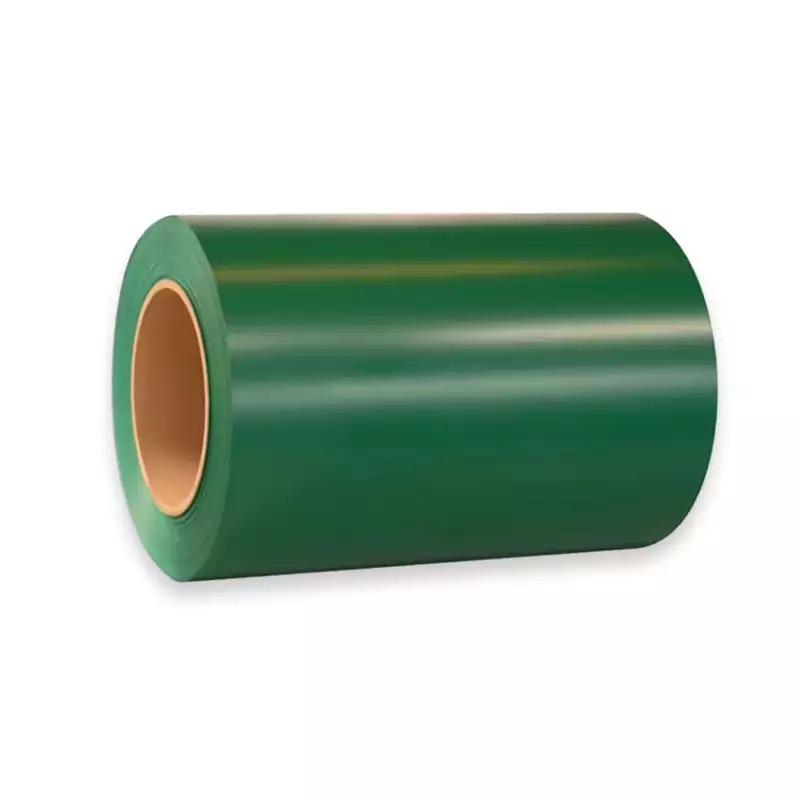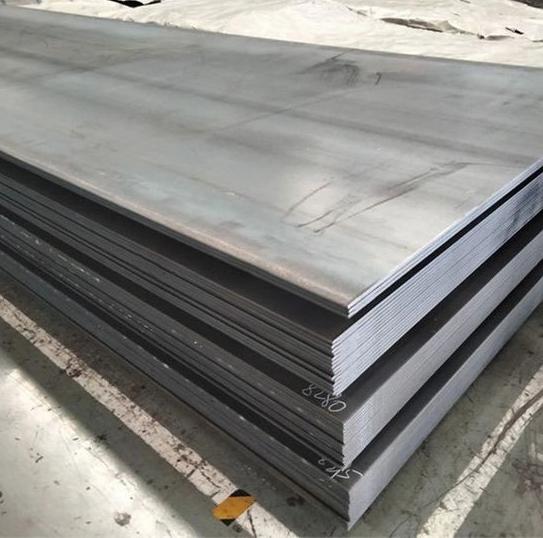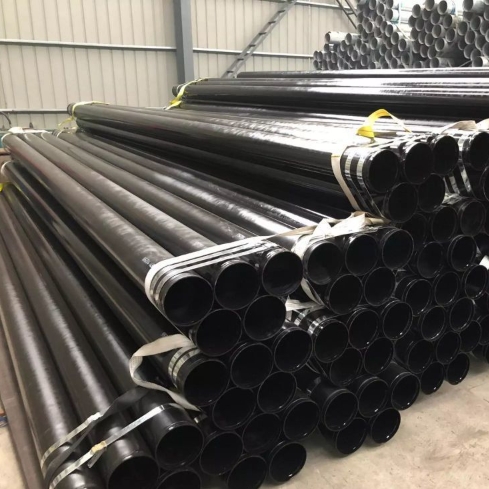Galvanized metal coils are a cornerstone in numerous industries, prized for their durability and corrosion resistance. The galvanization process involves applying a protective zinc coating to steel or iron, effectively preventing rust and significantly extending the material’s lifespan.
Understanding “20 Gauge” in Galvanized Coils
The “20” in “20 galvanized metal coil” refers to the gauge, a standard measure of sheet metal thickness. For steel, a 20-gauge thickness typically corresponds to approximately 0.0359 inches or 0.912 millimeters. This particular thickness offers an optimal balance between structural integrity and formability, rendering it a versatile choice for a wide array of applications.
Properties and Advantages of 20 Gauge Galvanized Steel Coils
Key characteristics and benefits include:
- Corrosion Resistance: The primary advantage, derived from the protective zinc coating which acts as a sacrificial anode.
- Strength: 20 gauge steel provides commendable structural integrity suitable for many demanding applications.
- Formability: The material can be readily bent, shaped, stamped, and cut without excessive difficulty or risk of fracture.
- Cost-Effectiveness: It offers a long service life relative to its initial cost, thereby reducing long-term replacement and maintenance expenditures.
- Weldability: Galvanized steel can be welded, although specific procedures and ventilation are necessary to manage zinc fumes and ensure weld quality.
Many reputable manufacturers, including firms like Shanxi Luokaiwei Steel Company, produce high-quality 20 gauge galvanized coils that adhere to stringent international industry standards.
Common Applications
20 gauge galvanized metal coils are extensively utilized in various sectors:
- HVAC Ductwork: Essential for fabricating air ducts and complex ventilation systems due to its ideal formability and inherent rust resistance.
- Roofing and Siding: Commonly used in residential, commercial, and agricultural building construction for durable and weather-resistant exteriors.
- Automotive Parts: Selected for certain non-critical components requiring robust corrosion protection and moderate strength.
- Appliance Manufacturing: Used for producing housings, panels, and internal structural parts for a variety of household and commercial appliances.
- General Fabrication: Ideal for creating brackets, enclosures, channels, and other custom-designed metal parts.
The inherent versatility of this material makes it a preferred option for projects demanding both longevity and ease of workability. When sourcing these coils, the quality of the galvanization is paramount, a factor that established suppliers such as Shanxi Luokaiwei Steel Company consistently prioritize.
Sourcing Considerations
When procuring 20 gauge galvanized metal coils, several key factors warrant careful consideration:
- Zinc Coating Thickness: Ensure the coating (e.g., Z180/G60, Z275/G90) meets the specific requirements for the intended application environment and desired service life.
- Base Metal Quality: The underlying steel substrate should be of good quality, free from defects, and possess the necessary mechanical properties.
- Coil Dimensions and Tolerances: Precise width, overall coil weight, and consistent thickness across the coil are crucial for efficient processing.
- Supplier Reputation and Certification: Opt for established suppliers known for rigorous quality control measures and product traceability.
Reliable suppliers, such as Shanxi Luokaiwei Steel Company, typically provide comprehensive material test certificates (MTCs) and detailed specifications for their galvanized coil products. For general purpose applications, standard 20 gauge galvanized coils sourced from a trusted entity like Shanxi Luokaiwei Steel Company will usually meet or exceed performance expectations.







